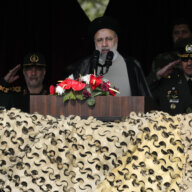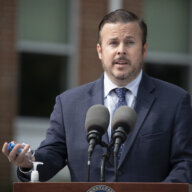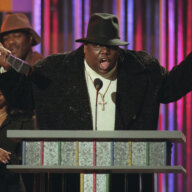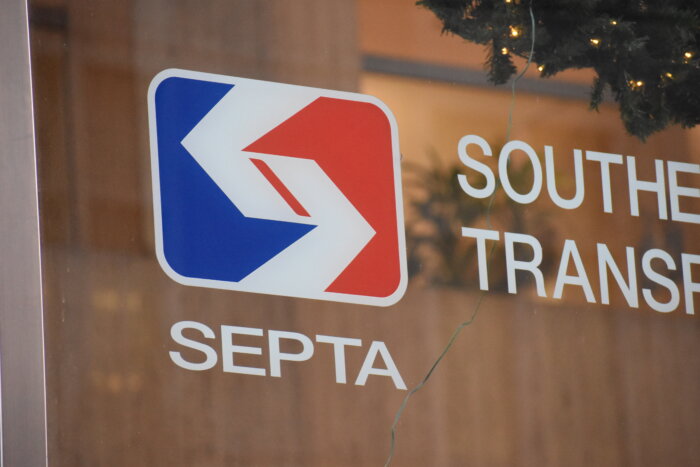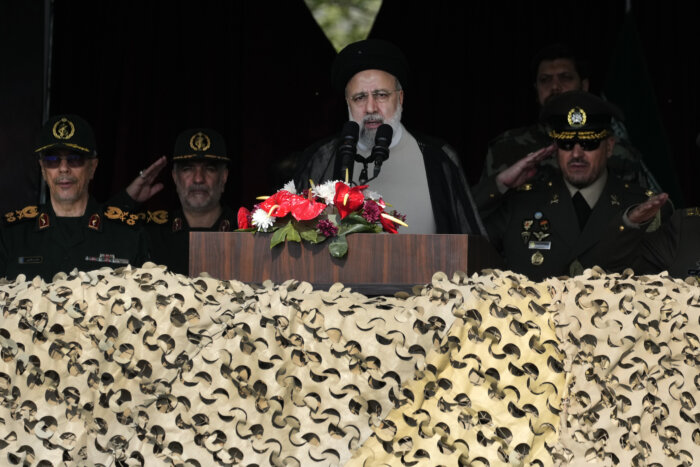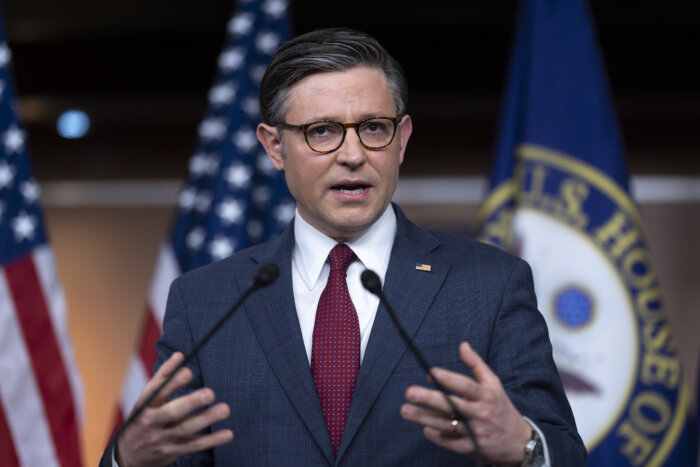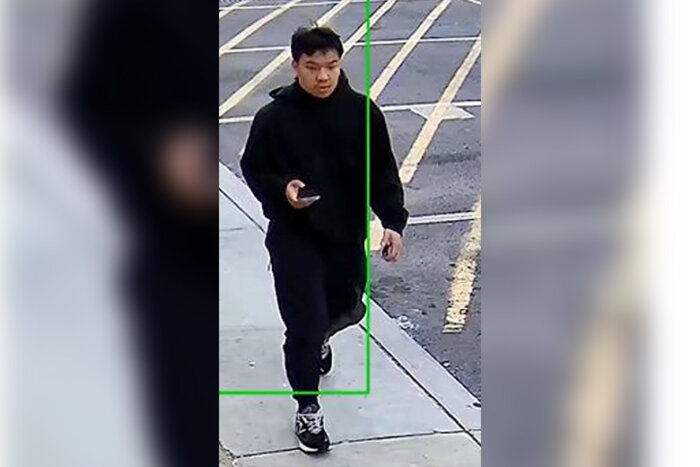The son-in-law of Philly’s late law-and-order Mayor Frank Rizzo was sentenced to nearly two years in prison for running a vast, high-roller gambling ring that at its height had 1,000 bettors. Joe Mastronardo, 64, was known as “the gentleman gambler.” That’s because he wouldn’t bust your kneecaps if you failed to pay up on a bad bet — he would cut you off from his exclusive ring forever. It was a family affair for Mastronardo, whose son, brother, and wife were also netted in the breathtaking scheme with tentacles in Florida, Jersey and Costa Rica.
The money — estimated back in 1990 at $50 million a year, allowed an opulent life in a suburban Philly mansion fit for a king. It was at that mansion that investigators dug up more than a million bucks stuffed into PVC pipes. His clients were movers and shakers, business leaders and executives who routinely placed big bucks bets — $10,000 on a game was routine.
In court Tuesday, Mastronardo was a shell of his former self, gaunt from throat cancer and doddering from a stroke, as he stood for sentencing on the racketeering and gambling counts he pleaded to last year. This was the second time Montgomery County prosecutors busted Mastronardo.
“This alleged racketeering operation was anchored in Montgomery County, but had tentacles spreading across the U.S. and beyond,” Montgomery County District Attorney Risa Vetri Ferman said in 2012. “Despite our attempt to shut it down in 2006-2007 with a Montgomery County prosecution, my office discovered that the defendants, as is alleged in the indictment, were back in business.” Also netted in the 16-person take down: Mastronardo’s son, Joey; and his brother John Mastronardo, a former All-American football star at Villanova.
Together, the brothers were head of what was called The Mastronardo Bookmaking Operation.
“Joe Vito,” as he was also called is married to Rizzo’s daughter, Joanna, who was charged with structuring. She made roughly 72 deposits in amounts less than $10,000, totaling more than $500,000 in a year, officials alleged. Members of the organization communicated by telephone, e-mail, text message, Skype and in person to maintain the operation, prosecutors said.










